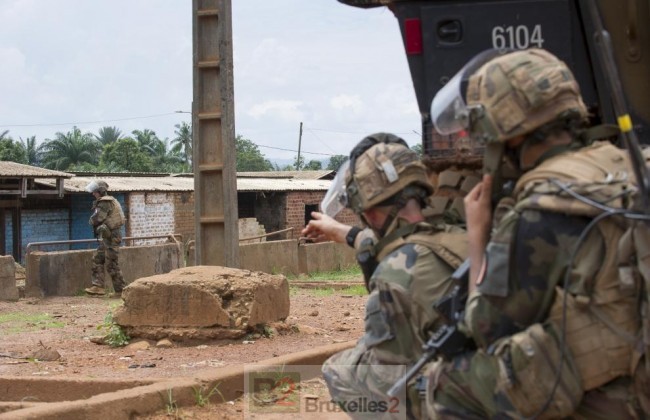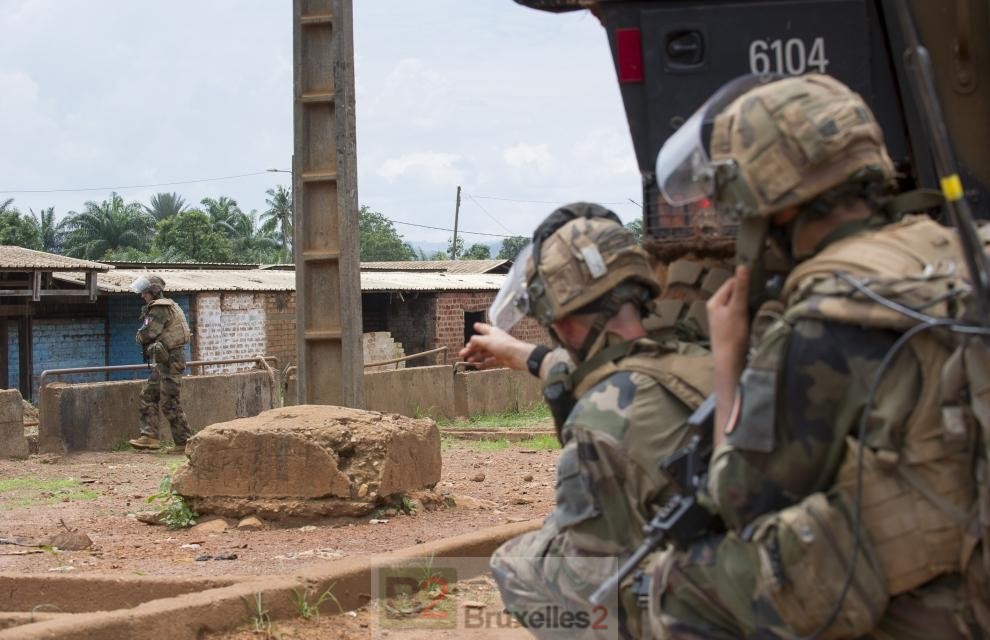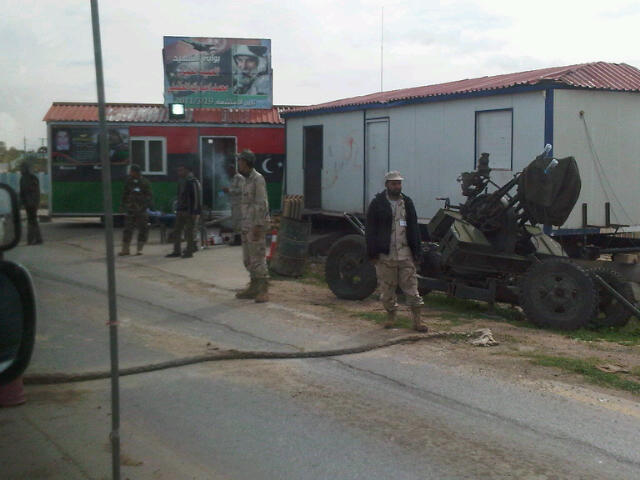Incidents in Bangui. A certain slowness to confirm. Some explanations

(BRUSSELS2) The European Union - through the voice of the European Diplomatic Service (EEAS) and General Ponties - like the (French) General Staff of the armies took almost 24 hours to confirm information from the field stating violent clashes between armed men and European forces from EUFOR RCA and French forces from Sangaris, leaving a dozen wounded in the ranks of French soldiers (read, updated paper: Violent incidents in Bangui. Several injured at EUFOR RCA and Sangaris).
One could wonder why ?
It would be futile to seek reasons for this "slowness" somewhere in Brussels or in Larissa, the headquarters of the EUFOR Rca mission. The reason for this slowness is rather to be found in Paris. There is, in fact, a custom, during multinational operations, to ensure the communication of incidents or losses in close coordination with the State of origin of the military victims of events, leaving (most generally) the ensure both the premiere of the ad and its format. EU military operations are no exception to this unwritten rule. An EU military operation remains, in fact, always a multinational operation, unlike civilian missions which are more dependent on European elements and discipline.
Warn families...
On the latest incidents in Bangui, Paris's desire not to communicate immediately is due above all to the fact that " families be warned as one of the military officials explained. Laudable reason but which also covers several other elements, one of which has a tactical content and the other with a more political content.
Ensure the exact assessment and repatriate the most serious
On the one hand, the condition of the (seriously) injured has fluctuated. In particular, one of the injured soldiers was in "very serious" condition, according to military sources. And it was necessary to wait to be fixed more clearly on its state before communicating. Communication thus intervened when the most seriously affected were evacuated, repatriated and treated in hospitals in mainland France.
Do not fault the presidential speech
On the other hand, this event cruelly contradicts the words of the French President, François Hollande who, in Le Monde published on August 21, was precisely delighted to have finished with the "big operations" in the Central African Republic, thus making one think of a possible a lull in the Rep. Central African (*). Hence a rather "mezzo vocce" communication from Paris: no press release from the Ministry of Defense (as is rather the custom) but simple information from the armies published on its website and facebook, and no communication from the Elysée...
(Nicolas Gros-Verheyde)
(*) “ In the Central African Republic, (...) it is longer than expected, but we have finished with the biggest operations and we have prepared a transition »


